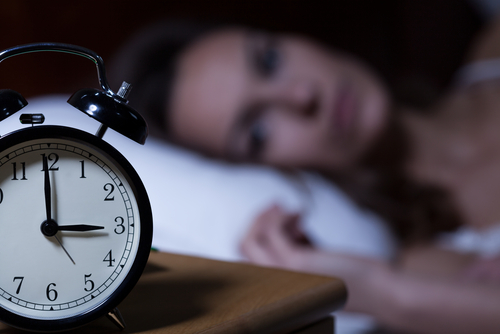First of all, it matters if you are still active in-service in your military branch. If you are, then good for you because you will be eligible to be treated for OSA and allowed to remain active in your MOS if you are not in harm’s way / deployed / hazardous duty, etc.
If you’re active and diagnosed. We’ll be talking about mainly treatment of sleep disorders after you retire. Sleep apnea benefits are excellent if you are still active. Basically, the military is responsible for treating you like any other illness. The problem is when you leave service…

